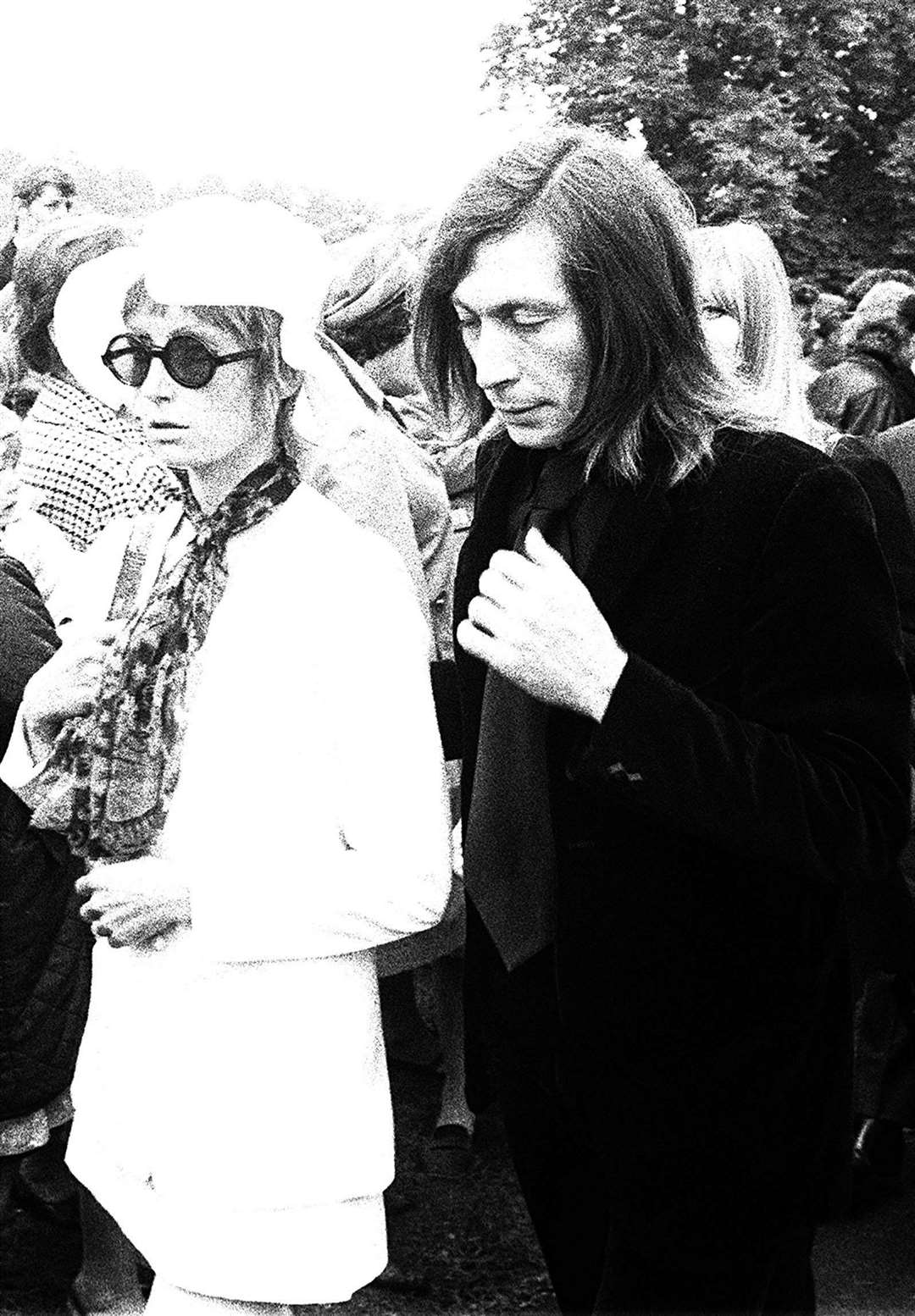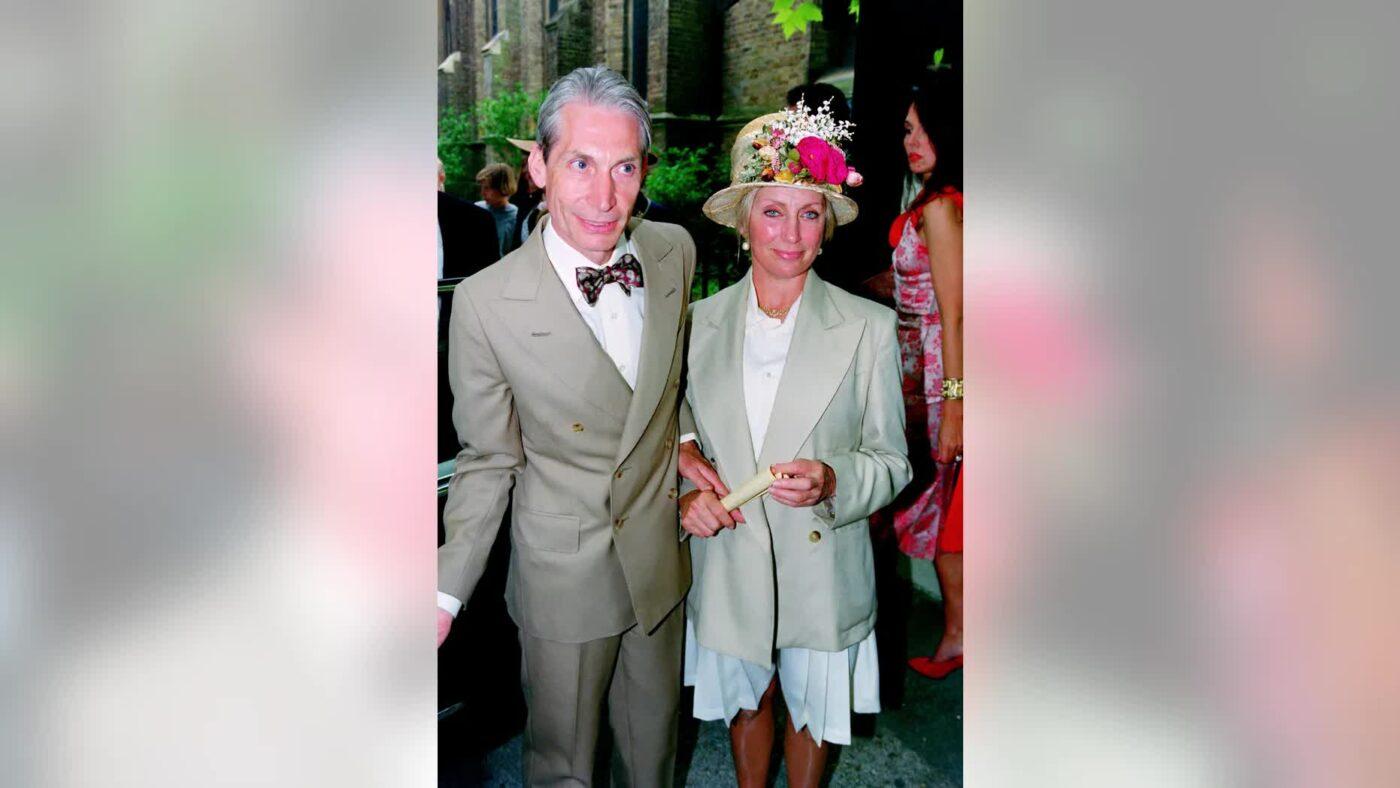

He worked with Jagger on the ever more spectacular stage designs for the group's tours. He also had an impact on the Rolling Stones that extended beyond drumming.

Richards called Watts "the key" and often joked that their affinity was so strong that on stage he'd sometimes try to rattle Watts by suddenly changing the beat - only to have Watts change it right back. Jagger and Richards at times seemed to agree on little else besides their admiration of Watts, both as a man and a musician. The drummer adapted well to everything from the disco of "Miss You" to the jazzy "Can't You Hear Me Knocking" and the dreamy ballad "Moonlight Mile."

Watts didn't care for flashy solos or attention of any kind, but with Wyman and Richards forged some of rock's deepest grooves on "Honky Tonk Women," "Brown Sugar" and other songs. But he was a steadying influence on stage and off as the Stones defied all expectations by rocking well into their 70s, decades longer than their old rivals the Beatles. He had his eccentricities - Watts liked to collect cars even though he didn't drive and would simply sit in them in his garage. Watts was a jazz drummer in his early years and never lost his affinity for the music he first loved, heading his own jazz band and taking on numerous other side projects. The Stones began, Watts said, "as white blokes from England playing Black American music" but quickly evolved their own distinctive sound. File photo of Ronnie Wood (left) and Charlie Watts of the Rolling Stones during a concert at the Murrayfield Stadium in Edinburgh, Scotland, on September 6, 2018. Watts stayed on, and largely held himself apart, through the drug abuse, creative clashes and ego wars that helped kill founding member Brian Jones, drove bassist Bill Wyman and Jones' replacement Mick Taylor to quit and otherwise made being in the Stones the most exhausting of jobs.Ī classic Stones song like "Brown Sugar" and "Start Me Up" often began with a hard guitar riff from Richards, with Watts following closely behind, and Wyman, as the bassist liked to say, "fattening the sound." Watts' speed, power and time keeping were never better showcased than during the concert documentary, "Shine a Light," when director Martin Scorsese filmed "Jumpin' Jack Flash" from where he drummed toward the back of the stage.


 0 kommentar(er)
0 kommentar(er)
